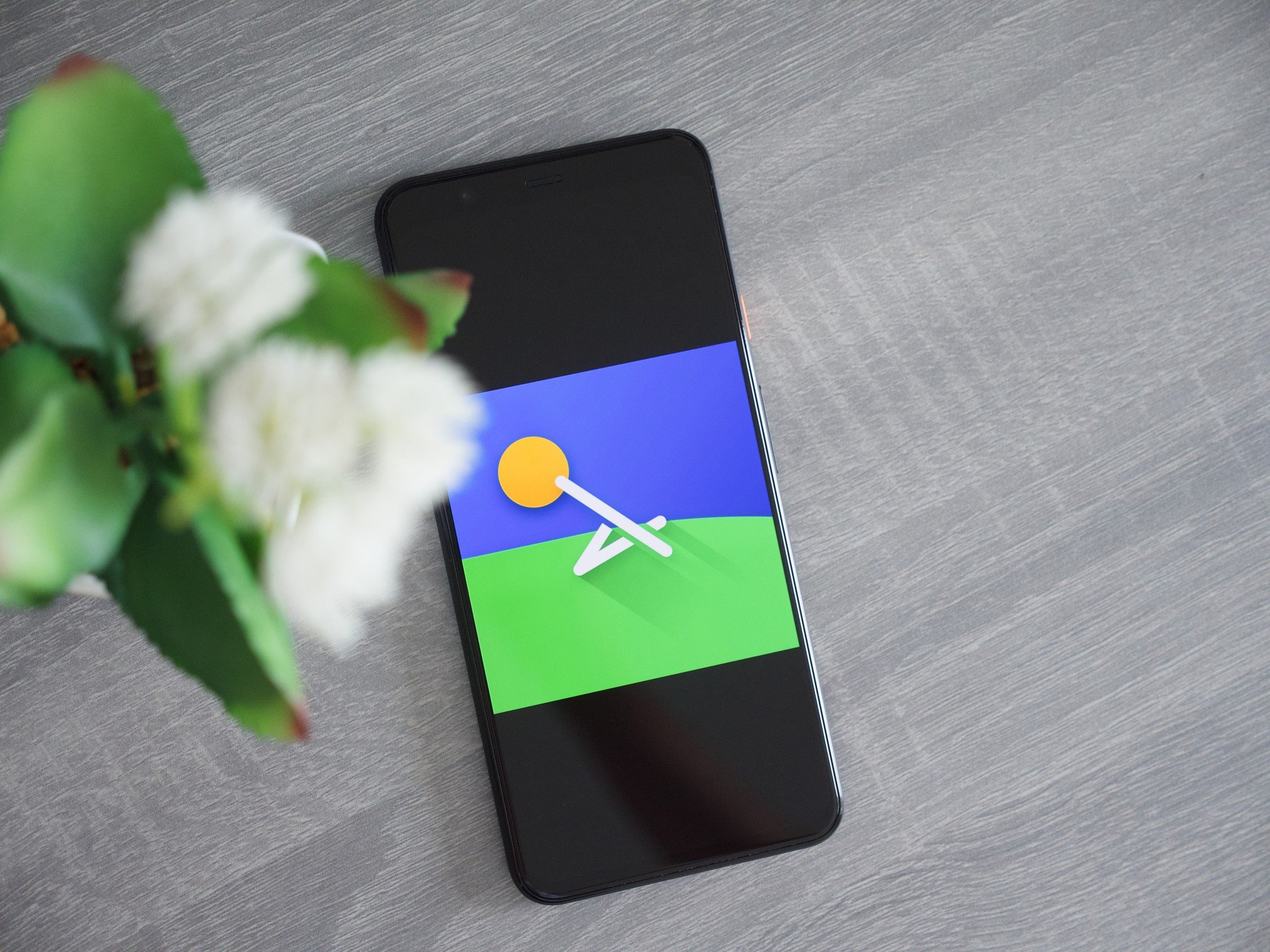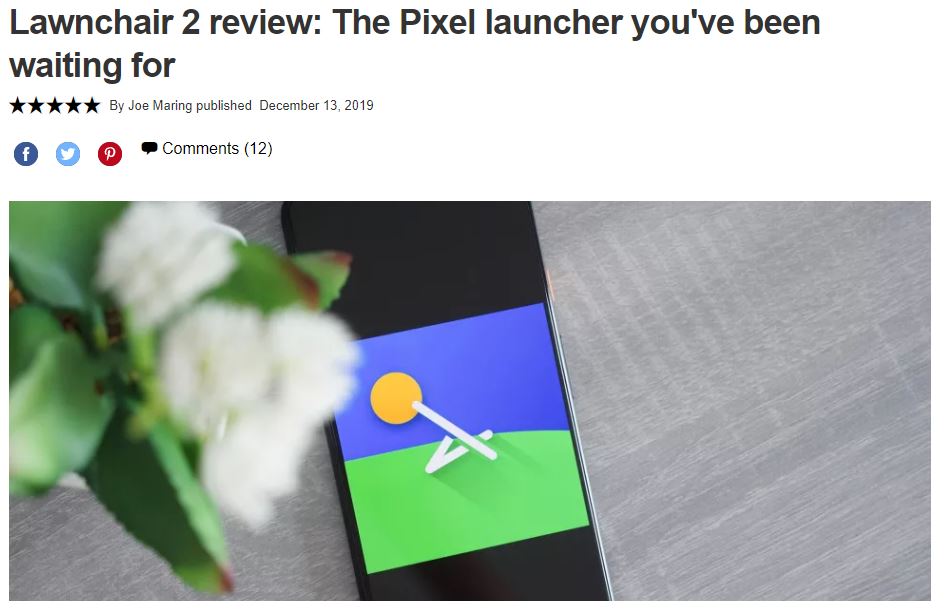How do you "steal" code from Google, and why should anyone care?
It's more common than you think.

Recently, a developer of the popular home screen and app launcher app Lawnchair (I love the play on words, and always have) decided to cut ties with the team when it was discovered that the app was using code "stolen" from Google's Pixel Launcher.
I hate addressing developer drama. People, whether they be software developers or auto mechanics, or anything else, are allowed to have any expectations about their work environment that they want to have. If a developer doesn't want to be associated with a group that uses copyrighted code without permission, then we should respect that and move along.
And that's about all I am going to say about the developer who decided it was best to part ways. Good luck to you, and never stop doing what you think is the right thing.
But about the "stealing" stuff. You probably noticed that I put the word in quotes like I'm trying to insinuate that it's not the right word to describe what happened. I think it's a really tough call to describe it as "stealing" for a few reasons.
Is it stealing though?

So, it's clear that the Lawnchair team did not have permission from Google to use any of the code from the Pixel Launcher. It's also clear that Google doesn't seem to mind that it happened. What's not so clear is what did actually happen.
Google provides code for a 100% functional app launcher and home screen app for Android phones. It's right there in the AOSP, and anyone is free to take it and do whatever they want to do with it. The problem is that it's missing many of the features that people want an app of this type to have.
The Pixel team does not share its work the same way the Android team does.
Google does not share the code for its Pixel Launcher application. At one time, it was on the Play Store for any phone to use, but even that has been stopped. If you want to use the Pixel Launcher 100% "legally," you need to buy a Pixel phone. (Those pesky quotes again.)
Be an expert in 5 minutes
Get the latest news from Android Central, your trusted companion in the world of Android
Or — and this is the most important part of the whole mess — if you want the features from the Pixel Launcher on any phone, you install a third-party replacement that does a good job "copying" it and even doing it better. Like Lawnchair.
Yes, I am saying that we are the reason code gets stolen sometimes. Notice no quotes.

It's trivial to reverse-engineer an Android app and get a really good idea of the actual code used to make it. You can't always get a complete version of it all, and there are plenty of ways to make it difficult. However, if you have a computer and a few hours to follow an online tutorial, you can break almost any app down to its most basic parts.
This is not anything new, nor is it a uniquely Android thing, either. Developers and hackers have been reverse-engineering software forever, and some very prominent groups in the tech industry think it's fine to do so. On the flip side, it is probably 100% illegal to do inside the European Union if you want to make something from it yourself. I'm trying to say it's a great big fat gray area.
No soapbox here. I've done it and would do it again if the circumstances were the same.
I am not going to preach because I have done it. I was tired of waiting for HTC to do a thing I wanted the company to do so I dug in and did it myself, then shared my work with anyone who wanted it. A lot of people who read Android websites have either done it themselves, or installed something from someone who did it.
The Lawnchair situation is similar. The app is using its own codebase, but as more and more people wanted specific features, the easy way to make it happen was to decompile the Pixel Launcher, see how Google does it, then either emulate it or just use the code.
Is that stealing? I dunno, I'm a nerd, not a lawyer. I would say yes, it's "stealing," but it's not a big deal because of Google's reaction. I'll stop using the quotation marks now.
Protecting your copyright is a real thing

The people at Google that worked hard to make the Pixel Launcher do the things people enjoy deserve credit for their work. Writing software is a difficult way to make a living, and most of your workday can feel like a failure until you get it right.
We don't automatically deserve features from the Pixel Launcher unless we buy a Pixel phone. That doesn't mean we shouldn't want them, just that we're not entitled because we didn't pay for them because we decided the Pixel wasn't the best phone for us.
If Google doesn't care then it's fair game. Hack away.
In the end, though, it's up to Google to protect its intellectual property, and it hasn't. Google either knew or had the ability to know that Lawnchair was using proprietary private code from the Pixel team. If it didn't know, it does know now.
Until Google sends a cease and desist memo to the Lawnchair team, screw 'em. Apps like Lawnchair benefit Google more than anyone else because it is yet another app that makes people enjoy using Android. More people using Android means more people using Google Play, and that means more money in Alphabet's accounts.
Reverse engineering and hacking (the good kind) have been an Android thing since the beginning. I respect a developer who makes a stand and follows their conscious, but I'm also not going to write off another developer who did something the easy — and historically accepted — way by peeking into Google's own work.
This will get resolved by the Lawnchair team and we'll forget about it. Then something similar will happen and we'll remember it. It's the Android way.

Jerry is an amateur woodworker and struggling shade tree mechanic. There's nothing he can't take apart, but many things he can't reassemble. You'll find him writing and speaking his loud opinion on Android Central and occasionally on Threads.
